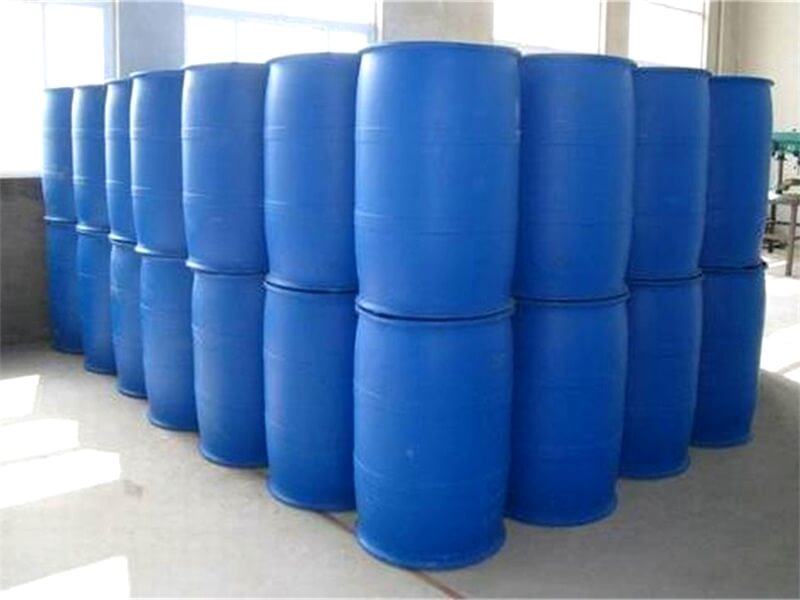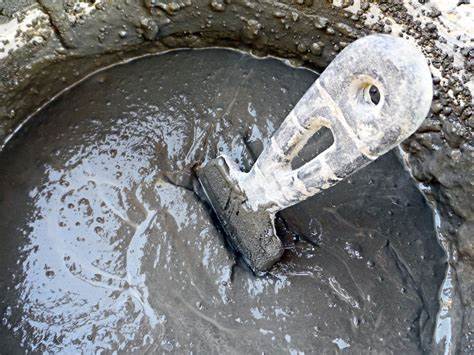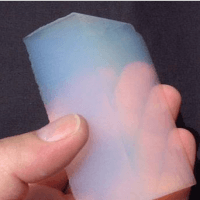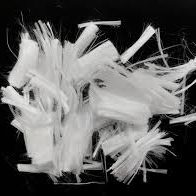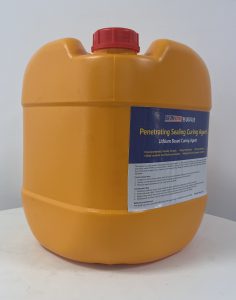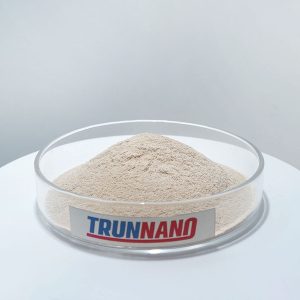Professional solutions on concrete addtives, Concrete Foaming Agent, Superplasticizer, CLC Blocks Additives, and foaming machine
(What admixtures are used in concrete?)
There is a wide variety of additives used in concrete, each of which has a different function and is designed to improve aspects such as performance, workability, durability, and strength of concrete. The following will detail the common additives used in concrete and their functions and discuss their applications in concrete.
Water Reducing Additives
Water-reducing agents are one of the most commonly used additives in concrete, and their main function is to reduce the amount of water used in the concrete mixing process. By reducing the water-cement ratio, water-reducing agents can improve the strength, compactness, and durability of concrete. At the same time, water-reducing agents can also improve the working properties of concrete, making it easier to construct and maintain. Common water-reducing agents include ordinary water-reducing agents and high-efficiency water-reducing agents.
Air-entraining agent
Air-entraining agents introduce a large number of small, evenly distributed, and stable air bubbles into the concrete during mixing. These air bubbles can improve the compatibility of concrete and increase the frost resistance and durability of concrete. At the same time, the bubbles also act as a cushion, reducing the brittleness of the concrete. Common air-entraining agents include sodium alkyl sulfonate.
Early Strength Agent
Early strength agents can accelerate the development of early strength and shorten the hardening time of concrete. This is very useful for projects that require rapid load-bearing or early mold removal. Common early-strength agents are calcium chloride, sodium sulfate, etc. However, it is important to note that excessive use of early-strengthening agents may lead to reduced strength and durability of the concrete at a later stage.
Retarders
Retarders can extend the setting time of concrete, providing more operating time for construction. This is very favorable for large-volume concrete or hot-season construction. Common retarders include tartaric acid and citric acid. The use of retarders also reduces the heat of hydration of concrete and reduces the risk of cracking.
Rust inhibitors
Rust inhibitors inhibit or reduce the corrosion of reinforcing steel or other pre-built metals in concrete. This is important for improving the durability and extending the service life of concrete. Common rust inhibitors include nitrites and phosphates.
Expansion agent
Expansion agents enable the concrete to expand in volume during the hardening process, compensating for the shrinkage of the concrete. This is very favorable for reducing cracking and improving the durability of concrete. Common expansion agents are aluminum powder, calcium oxide, etc.
Antifreeze
Antifreeze can reduce the freezing temperature of concrete and improve the strength of concrete under low temperature conditions. This is very useful for winter construction or projects in cold areas. Common antifreeze agents are sodium chloride, potassium carbonate, etc.
Waterproofing agents
Waterproofing agents can reduce the water permeability of concrete under hydrostatic pressure and improve the impermeability of concrete. This is very important for underground works, pools, water towers, and other works that require waterproofing. Common waterproofing agents are rosin, bitumen emulsion, etc.
Compacting agent
Compacting agents improve the compactness of concrete and reduce the pores and cracks inside the concrete. This helps in improving the strength, durability and impermeability of the concrete. Some of the common compacting agents are silica fume, micro silica fume, etc.
In addition to the above common additives, other types of additives may be used in concrete, such as pigments, colorants, etc., for improving the appearance of concrete, quicklime for accelerating the hardening of concrete, etc. The use of these additives should be based on specific engineering requirements and concrete performance needs to be reasonable selection and matching. At the same time, it is also necessary to pay attention to the amount of additives and the use of methods to avoid overuse or improper use of concrete performance decline or other problems.
Concrete additives Supplier
Luoyang Tongrun is an ISO9001 registered distributor of high quality specialty raw materials used in a wide range of industries.
Luoyang Tongrun Nano Technology Co. Ltd. (TRUNNANO) is a trusted concrete addtive manufacturer with over 12-year-experience. We ship our goods all over the world.
If you are looking for high-quality concrete addtive, please feel free to contact us and send an inquiry. (sales@cabr-concrete.com)
(What admixtures are used in concrete?)


